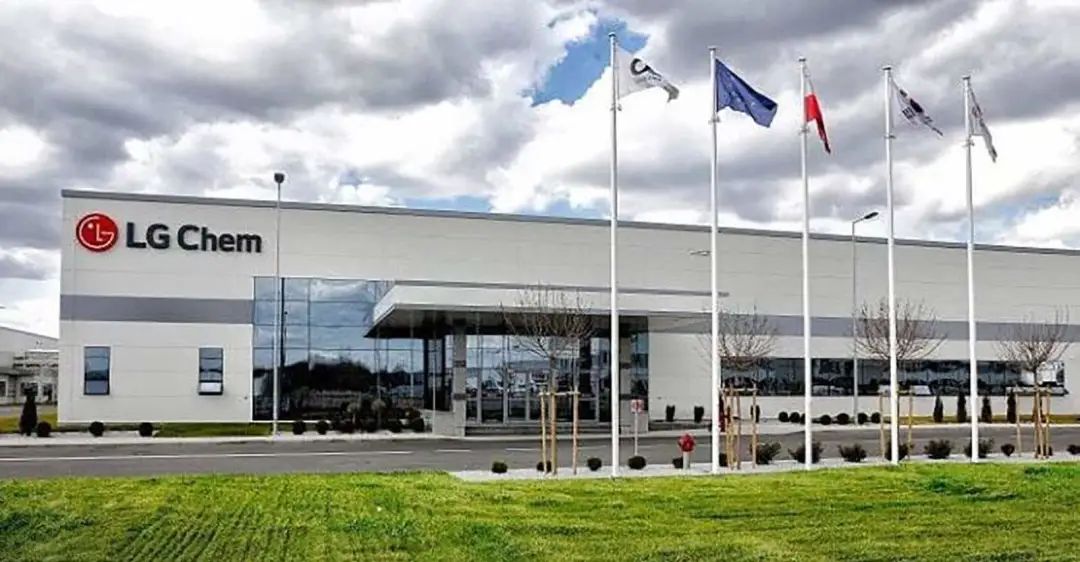Joerg Auffermann, Head of BASF biopolymers’ global Business Development team, said: “The main ecological benefits of compostable plastics come at the end of their lives, as these products help to convert food waste from landfills or incinerators into organic recycling.
Over the years, the biodegradable polyester industry has entered applications other than thin films. In 2013, for example, The Swiss coffee company introduced coffee capsules made from Basf Ecovio resin.
One emerging market for Novamont materials is biodegradable tableware, which can be composted with other organic materials. Facco says the cutlery is already catching on in places like Europe that have passed regulations limiting the use of single-use plastics.
New Asian PBAT players are entering the market in anticipation of more environment-driven growth. In South Korea, LG Chem is building a 50,000-tonne-per-year PBAT plant that will start production in 2024 as part of a $2.2bn sustainably-focused investment plan in Seosan. SK Geo Centric (formerly SK Global Chemical) and Kolon Industries are partnering to build a 50,000-ton PBAT plant in Seoul. Kolon, a nylon and polyester maker, provides production technology, while SK supplies raw materials.
The PBAT gold rush was the largest in China. OKCHEM, a Chinese chemicals distributor, expects PBAT production in China to rise from 150,000 tonnes in 2020 to about 400,000 tonnes in 2022.
Verbruggen sees a number of investment drivers. On the one hand, there has been a recent surge in demand for all kinds of biopolymers. Supply is tight, so the price of PBAT and PLA is high.
In addition, Verbruggen said, the Chinese government has been pushing the country to “get bigger and stronger” in bioplastics. Earlier this year, it passed a law banning non-biodegradable shopping bags, straws and cutlery.
Verbruggen said the PBAT market was attractive to Chinese chemical makers. The technology isn’t complicated, especially for companies with experience in polyester.
By contrast, the PLA is more capital intensive. Before making the polymer, the company needs to ferment lactic acid from an abundant sugar source. Verbruggen noted that China has a “sugar deficit” and needs to import carbohydrates. “China is not necessarily a good place to build a lot of capacity,” he said.
Existing PBAT manufacturers have been keeping up with new Asian players. In 2018, Novamont completed a project to retrofit a PET factory in Patrika, Italy, to produce biodegradable polyester. The project doubled its production of biodegradable polyester to 100,000 tons per year.
And in 2016, Novamont opened a plant to make butanediol from sugar using a fermentation technology developed by Genomatica. The 30,000 ton-a-year plant in Italy is the only one of its kind in the world.
According to Facco, new Asian PBAT manufacturers are likely to produce a limited number of product labels for large-scale applications. “It’s not hard.” He said. Novamont, by contrast, will maintain its strategy of serving specialist markets.
Basf has responded to the Asian PBAT construction trend by building a new plant in China, licensing its PBAT technology to Chinese company Tongcheng New Materials, which plans to build a 60,000-ton/year production plant in Shanghai by 2022. Basf will sell the plant’s products.
“Positive market developments are expected to continue with upcoming new laws and regulations governing the use of bioplastic materials in packaging, mulling and bags,” Auffermann said. The new plant will allow BASF to “meet the growing needs of the region from the local level.”
“The market is expected to continue to develop positively with upcoming new laws and regulations governing the use of bioplastic materials in packaging, mulling and bag applications,” Auffermann said. The new facility will allow BASF to “meet the growing demand in the region”.
In other words, BASF, which invented PBAT nearly a quarter of a century ago, is catching up with booming new business as the polymer becomes a mainstream material.
Post time: 26-11-21


